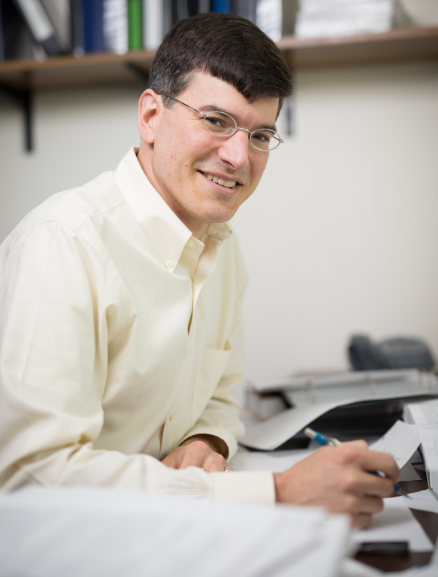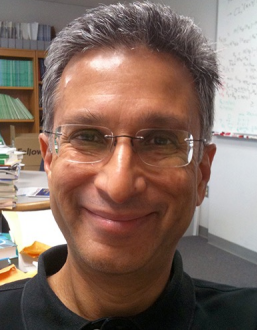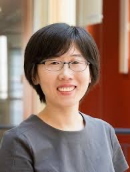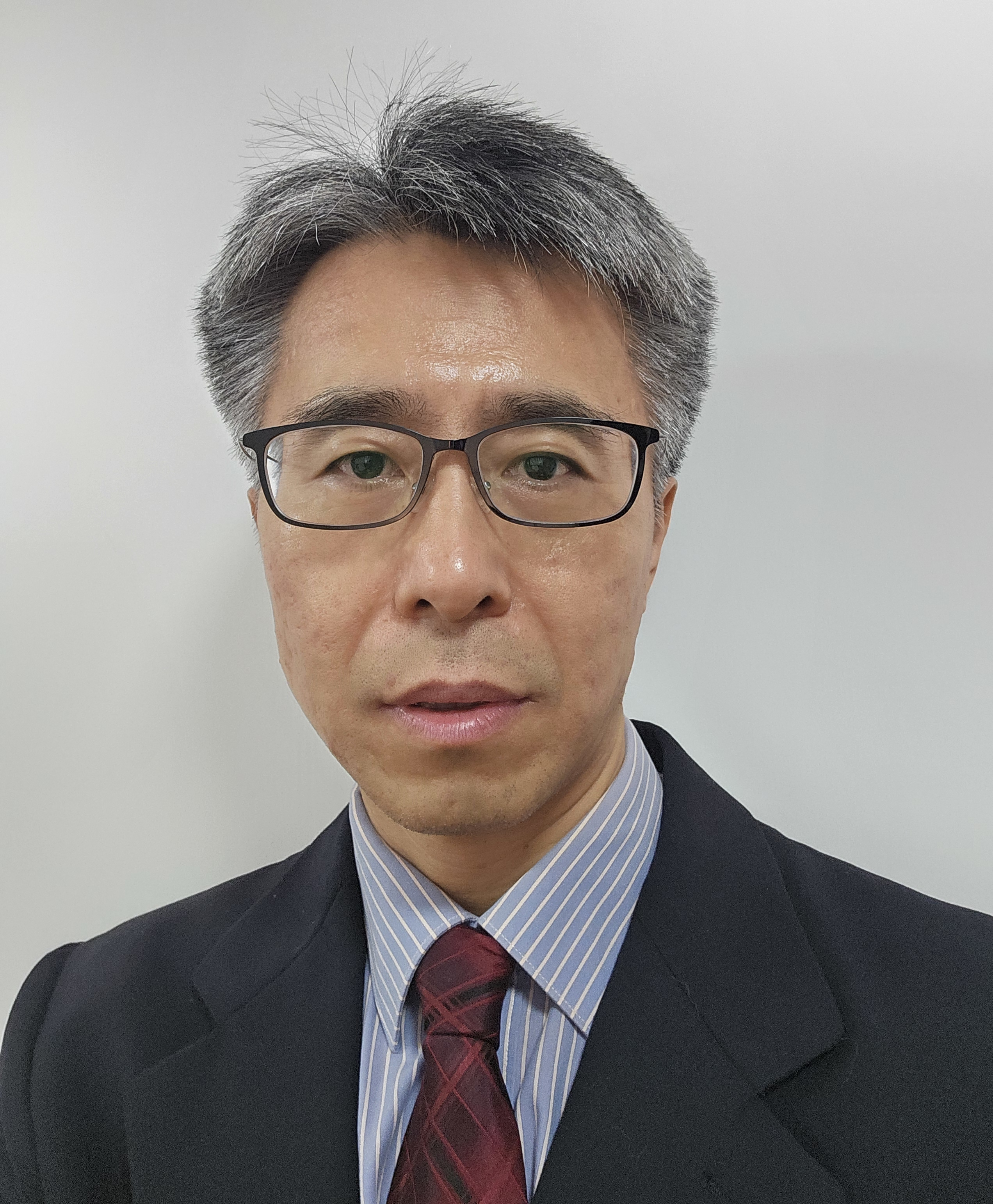
Plenary Speakers
| Aaron B. Wagner Professor Stephen H. Weiss Presidential Fellow Cornell University Title: Beyond Dithered Quantization: Optimal Redundancy and Practical Codes for Exact Channel Synthesis Abstract: We consider the problem known as channel simulation or channel synthesis, i.e., the problem of using a unidirectional noiseless channel between two parties to simulate a noisy channel with the help of common randomness. In the i.i.d. case, existing schemes provide an upper bound on the unnormalized redundancy that is logarithmic in the block length. We provide an improved scheme that halves the logarithmic term for some channels and eliminates it entirely for all others. For full-support discrete memoryless channels, we show that this is the best possible. We also show how practical schemes can be developed to simulate symmetric binary-output channels using polar codes. Joint work with Sharang Sriramu, Rochelle Barsz, and Beth Polito. Biography: Aaron Wagner is Professor and Stephen H. Weiss Presidential Fellow in the School of Electrical and Computer Engineering at Cornell University. He received the B.S. degree from the University of Michigan, Ann Arbor, and the M.S. and Ph.D. degrees from the University of California, Berkeley, after which he was a Postdoctoral Research Associate in the Coordinated Science Laboratory at the University of Illinois at Urbana-Champaign. He has received the NSF CAREER award, the U.C. Berkeley EECS David J. Sakrison Memorial Prize, the U.C. Berkeley Bernard Friedman Memorial Prize in Applied Mathematics, the IEEE Information Theory Society James L. Massey Research and Teaching Award for Young Scholars, the IEEE Information Theory Society Paper Award, and teaching awards at the Department, College, and University level at Cornell. He will serve as President of the IEEE Information Theory Society in 2025. |
| Prakash Narayan Professor University of Maryland, College Park Title: Shared Information Abstract: Shared information has been proposed as a potential measure of mutual dependence among multiple jointly distributed discrete random variables. For two random variables, it particularizes to Shannon's celebrated and enormously consequential mutual information. The origins of shared information, its properties, and specific operational meanings will be described. This talk is based on joint works with Imre Csiszár, Sirin Nitinawarat, Himanshu Tyagi and Sagnik Bhattacharya; and draws upon advances by Chung Chan and collaborators. Biography: Prakash Narayan received the Bachelor of Technology degree in Electrical Engineering from the Indian Institute of Technology, Madras, in 1976, and the M.S. and D.Sc. degrees in Systems Science and Mathematics, and Electrical Engineering, respectively, from Washington University, St. Louis, MO, in 1978 and 1981. He is Professor of Electrical and Computer Engineering at the University of Maryland, College Park, with a joint appointment at the Institute for Systems Research. His research interests are in network information theory, coding theory, communication theory, communication networks, and statistical learning. Narayan has served as Associate Editor for Shannon Theory, Executive Editor and Editor-in-Chief of the IEEE Transactions on Information Theory. He is a Fellow of the IEEE. |
| Yuejie Chi Sense of Wonder Group Endowed Professor in AI Systems Carnegie Mellon University Title: Fantastic Diffusion Models and Where to Apply Them Abstract: Diffusion models, which convert noise into new data instances by learning to reverse a Markov diffusion process, have become a cornerstone in generative AI. While their practical power has now been widely recognized, the theoretical underpinnings remain far from mature. We first develop a suite of non-asymptotic theory towards understanding the data generation process of diffusion models, highlighting fast convergence under mild data assumptions. Motivated by this theory, we then advocate diffusion models as an expressive data prior in solving ill-posed inverse problems, and introduce a provably robust plug-and-play method (DPnP) to perform posterior sampling. DPnP alternatively calls two samplers, a proximal consistency sampler solely based on the forward model, and a denoising diffusion sampler solely based on the score functions of the data prior. Along the way, applications in materials science will be demonstrated to illustrate the promise of diffusion models in scientific applications. Biography: Dr. Yuejie Chi is the Sense of Wonder Group Endowed Professor of Electrical and Computer Engineering in AI Systems at Carnegie Mellon University, with courtesy appointments in the Machine Learning department and CyLab. She received her Ph.D. and M.A. from Princeton University, and B. Eng. (Hon.) from Tsinghua University, all in Electrical Engineering. Her research interests lie in the theoretical and algorithmic foundations of data science, signal processing, machine learning and inverse problems, with applications in sensing, imaging, decision making, and AI systems. Among others, Dr. Chi received the Presidential Early Career Award for Scientists and Engineers (PECASE), SIAM Activity Group on Imaging Science Best Paper Prize, IEEE Signal Processing Society Young Author Best Paper Award, and the inaugural IEEE Signal Processing Society Early Career Technical Achievement Award for contributions to high-dimensional structured signal processing. She is an IEEE Fellow (Class of 2023) for contributions to statistical signal processing with low-dimensional structures. |
| Guangyue Han Head of Department, Professor The University of Hong Kong Title: A Stochastic Calculus Approach to Continuous-Time Gaussian Channels Abstract: Continuous-time Gaussian channels have traditionally been formulated and investigated using functional analysis. Although this approach is intuitively appealing, it presents several challenges. This talk will focus on the stochastic calculus approach, which, despite being less widely known, can effectively address many of the issues associated with the classical functional analysis method. It turns out that with some recent enhancement, the stochastic calculus approach can recover numerous existing results on continuous-time Gaussian channels, quantitatively strengthen some well-established findings in the literature and further rigorously derives new results. Biography: Guangyue Han received the B.S. and M.S. degrees in mathematics from Peking University, China, in 1997 and 2000, respectively, and the Ph.D. degree in mathematics from the University of Notre Dame, USA, in 2004. After three years with the Department of Mathematics, the University of British Columbia, Canada, he joined the Department of Mathematics, the University of Hong Kong, China, in 2007. His main research areas are coding and information theory. |



